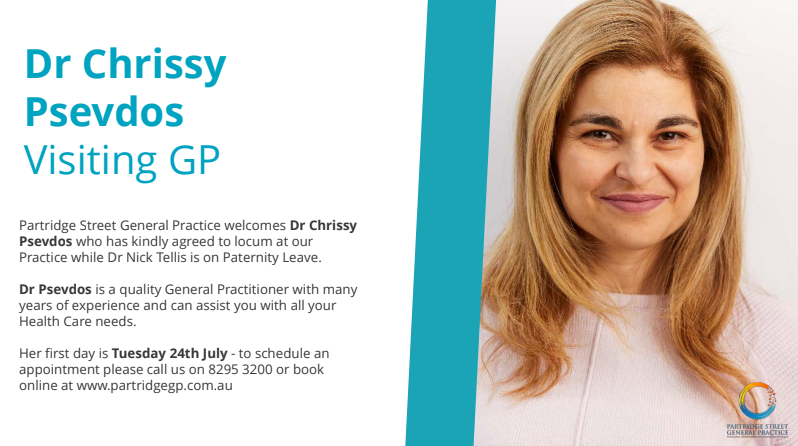When it comes to what makes us sick, approximately 75% of our health issues happen to our patients and us before they or we engage the health care system. The Social Determinants of Health come into play here:
Social and cultural determinants of health
these are defined by the World Health Organization (WHO) as:
The poor health of the poor, the social gradient in health within countries, and the marked health inequities between countries are caused by the unequal distribution of power, income, goods, and services, globally and nationally, the consequent unfairness in the immediate, visible circumstances of people’s lives – their access to health care, schools, and education, their conditions of work and leisure, their homes, communities, towns, or cities – and their chances of leading a flourishing life. This unequal distribution of health-damaging experiences is not in any sense a ‘natural’ phenomenon. Together, the structural determinants and conditions of daily life constitute the social determinants of health
There is a lot online about combating these – here I’m going to take a different approach. Welcome to Morgan Housel and the Psychology of Money – happy reading!

Part 1 (of 20)…
Earned success and deserved failure fallacy: A tendency to underestimate the role of luck and risk, and a failure to recognize that luck and risk are different sides of the same coin.
I like to ask people, “What do you want to know about investing that we can’t know?”
It’s not a practical question. So few people ask it. But it forces anyone you ask to think about what they intuitively think is true but don’t spend much time trying to answer because it’s futile.
Years ago I asked economist Robert Shiller the question. He answered, “The exact role of luck in successful outcomes.”
I love that, because no one thinks luck doesn’t play a role in financial success. But since it’s hard to quantify luck, and rude to suggest people’s success is owed to luck, the default stance is often to implicitly ignore luck as a factor. If I say, “There are a billion investors in the world. By sheer chance, would you expect 100 of them to become billionaires predominately off luck?” You would reply, “Of course.” But then if I ask you to name those investors – to their face – you will back down. That’s the problem.
The same goes for failure. Did failed businesses not try hard enough? Were bad investments not thought through well enough? Are wayward careers the product of laziness?
In some parts, yes. Of course. But how much? It’s so hard to know. And when it’s hard to know we default to the extremes of assuming failures are predominantly caused by mistakes. Which itself is a mistake.
People’s lives are a reflection of the experiences they’ve had and the people they’ve met, a lot of which are driven by luck, accident, and chance. The line between bold and reckless is thinner than people think, and you cannot believe in risk without believing in luck, because they are two sides of the same coin. They are both the simple idea that sometimes things happen that influence outcomes more than effort alone can achieve.
After my son was born I wrote him a letter:
Some people are born into families that encourage education; others are against it. Some are born into flourishing economies encouraging of entrepreneurship; others are born into war and destitution. I want you to be successful, and I want you to earn it. But realize that not all success is due to hard work, and not all poverty is due to laziness. Keep this in mind when judging people, including yourself.
Our team – here for You!







(on Maternity Leave from August 2018)




Recent Comments